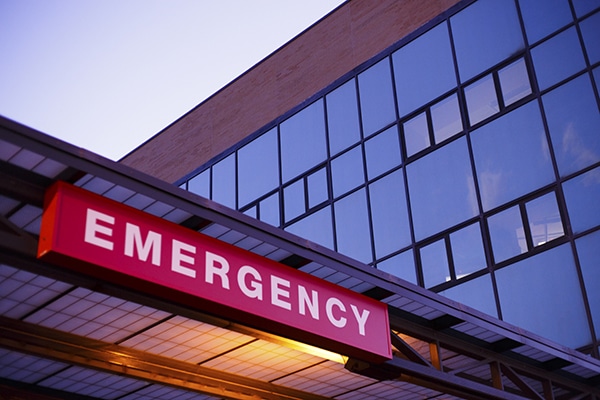Recovering after a stroke may be impacted by how fast a stroke is recognized and treated. It’s vital to know what to do if you suspect a stroke, a condition that is both very serious and becoming more common. Stroke is the fifth leading cause of death in America, with as many as 800,000 people suffering from a stroke each and every year. This translates to every 40 seconds someone somewhere in the nation is having a stroke, and every four minutes, somebody dies from a stroke.
If you are caring for an elderly or chronically ill family member or friend who is at an increased risk for stroke, it is extremely important to be sure that you can detect the signs of a stroke. The sooner you get assistance, the more likely the individual will live through the stroke. Indicators of a stroke include the sudden onset of:
- Weakness or numbness in the arm, leg, or face – mainly on one side of the body
- Trouble with talking or understanding and confusion
- Blurred vision or issues with seeing
- Problems with walking, feeling dizzy, coordination or balance
- Intense headache with no known cause
If you observe these possible signs of stroke in someone, remember the acronym BE FAST.
- Balance: Is the individual having problems with standing up?
- Eyes: Is the person experiencing vision problems?
- Face: Ask the person to smile and see if one side droops.
- Arms: Ask the individual to lift both arms. Does one arm appear to be drooping downward?
- Speech: Ask the person to repeat a very simple statement. When they do, notice if speech slurs or if the person cannot form words the correct way.
- Time: Time is of the essence! If you observe any of the above symptoms, call 911 right away and make sure the person gets to a hospital as soon as possible!
At Happier Home Care, the leading provider of home care in Glendale and the surrounding areas, we take pride in providing professional, extensively trained caregivers to care for your senior loved ones. We offer a broad variety of senior home care services to meet all of your home care needs, including:
- Companionship
- Meal planning and preparation
- Personal hygiene care
- Help with housekeeping
- Running errands
- Transportation and accompaniment
- Medication reminders
- And more
You can reach us at 818-651-6679 to learn more about preventing or recovering from a stroke, and to request a free in-home consultation to find out how our services can make life safer and more comfortable for someone you love.
